Developmental and Deliberate Training Program
Principal Investigator: Dr. Stephanie Winkeljohn Black
Developmental and Deliberate training program includes over 10 video vignettes of clients from diverse backgrounds presenting with R/S related struggles. Students and therapists can use the resource alone, in dyads or supervision, or in peer or classroom groups. The video vignettes are accompanied by a deliberate practice styled workbook and video recorded expert demonstrations of how each vignette client can be engaged.
Developmental and Deliberate Workbook →
Background
Deliberate practice (DP) paradigms are effective in increasing clinicians’ interpersonal skills. The current training program uses DP to expand clinicians’ capacity for cultural humility, cultural comfort, and cultural opportunities with religious and spiritually diverse clients. Over 10 video vignettes of standardized clients representing a range of R/S and other cultural demographics are presented. Clinicians can complete the vignettes with the guided workbook alone or in small group or supervisory settings. The workbook provides feedback on culturally humble and un-humble responses that most frequently occurred in a study on the program. The workbook also includes a rubric to determine whether responses to the vignettes are culturally humble and comfortable, which clinicians can use to self-assess, or supervisors and consultants can use with their supervisees/peers. Finally, there are video-recorded examples of how best to engage the vignette clients from R/S psychotherapy experts to showcase that there are many different “good” ways to respond to each client.
Settings
Graduate school courses
Internship/Practicum sites
Supervision
Continuing Education
Populations
Individuals
Community/Public
Testimonials
“I've been much more willing to talk about religion. I don’t think my clients like look at me and think that I’m not religious. But I don’t think that that’s always like, the first thing that like pops into their mind to talk about I don’t think, at least in the way that I learned about it about talking about religion and session was, it was more of like, you ask it around the intake or the beginning of you working with this client, and then you let them present it to you as needed. But I, at least with some of my clients, after, really during the training, it made me think to ask and I found out some of my clients were like Christians and had never like disclosed that information to me because they didn’t feel like it was necessary, or that it was relevant to the work that we did. And I have one client, like we pray at the end of every session now because of me asking about it. So I think it is definitely made me feel more comfortable. And kind of I guess he not that I never ever thought it wasn't like there wasn’t value in asking about it. But I’m seeing the value in like re asking and not being like, not like being imposing, but trying to invite that into the space of that is something that my client wants, and it worked out really well so far.”
“I was already gonna probably be interested in want to do this kind of stuff. But I think it’s helped me all also kind of in like, in, encouraged me, or empowered me to ask more directly at people like, Well, do you have a faith identity? Or is that something that you want to integrate like? Or is that something that you’d want to talk about in therapy? Like, even if that’s not a presenting concern, let like making it known that like this is that is something that we can talk about, right? Like emboldened.”
“It’s made me more like attentive to questions around like, the client’s relationship to faith and spirituality. I had a client this week who just kind of threw in, like church community, and I was like, oh, okay, you know, like something to ask about. And I think it has been able to practice it has given me a feel a little bit more of a feeling of like comfort and like self efficacy, being able to bring up questions that clients. So I feel like it’s been really valuable. It’s not something that I think we talk about as much in our training. But such a big component of people’s lives.”
Keywords
Deliberate practice; multicultural orientation; cultural humility; cultural comfort; religious/spiritual diversity; spiritual struggle’ self-guided resource; supervisory resource
